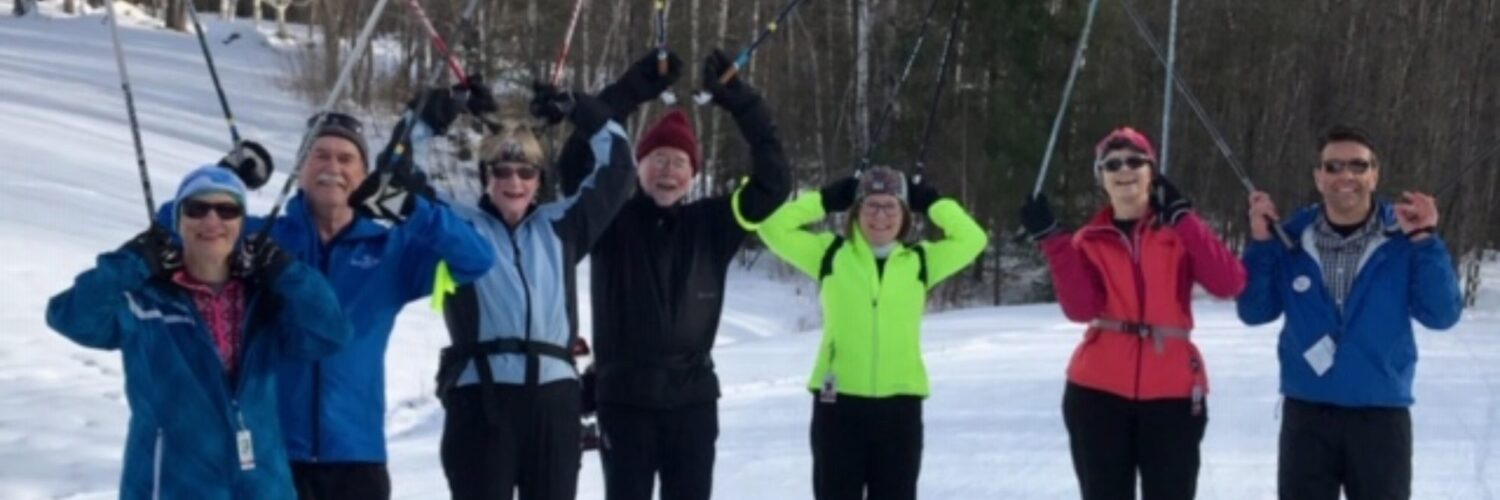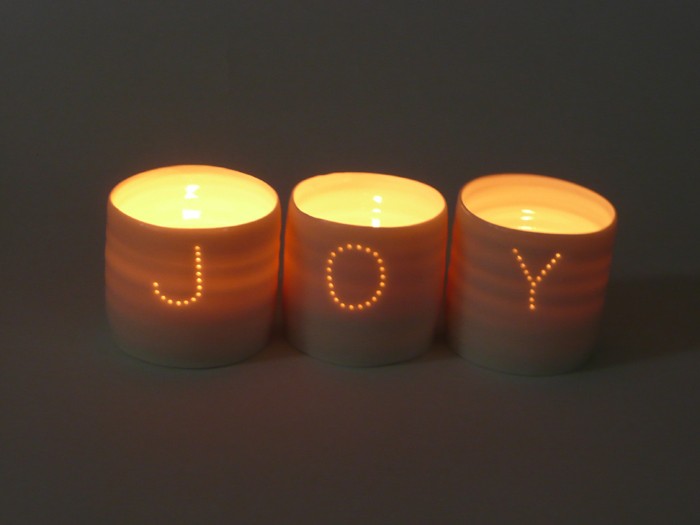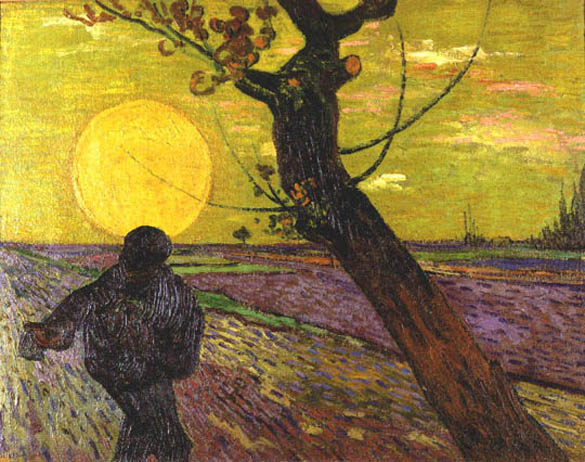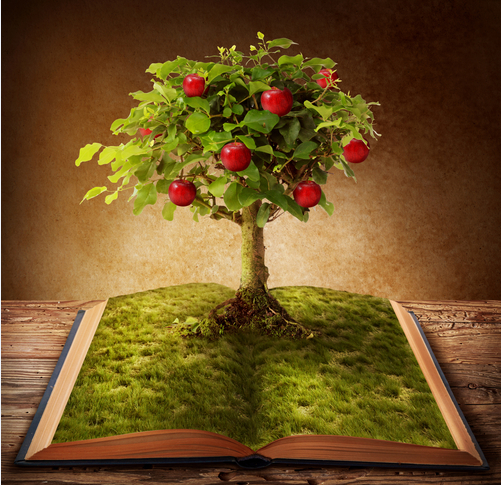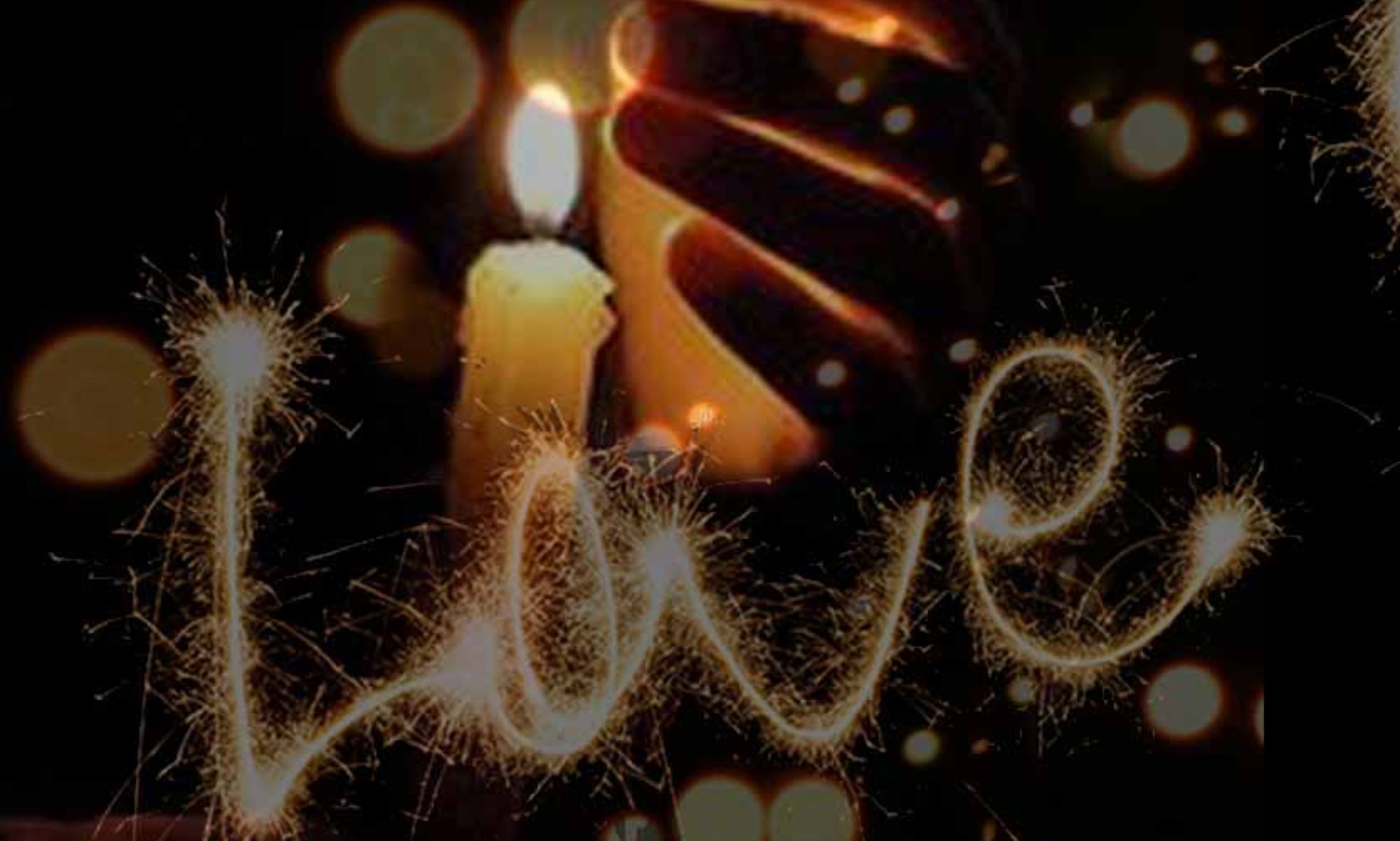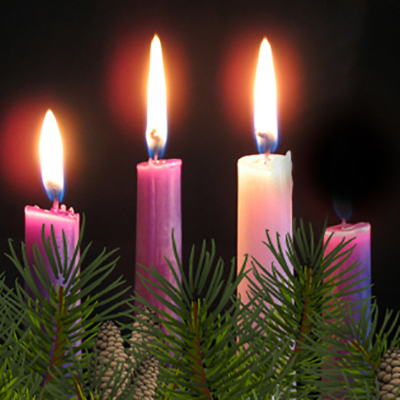JOY Daily Devotional: Advent 3 – Dec 18
Cultivate joy each day this week. December 18: Joy in Service Scripture: Galatians 5:13 — For you were called to freedom, brothers and sisters, only do not use your freedom as an opportunity for self-indulgence,[a] but through love become enslaved to one another. Meditation: Joy often arises in the act of serving others with love. […]
